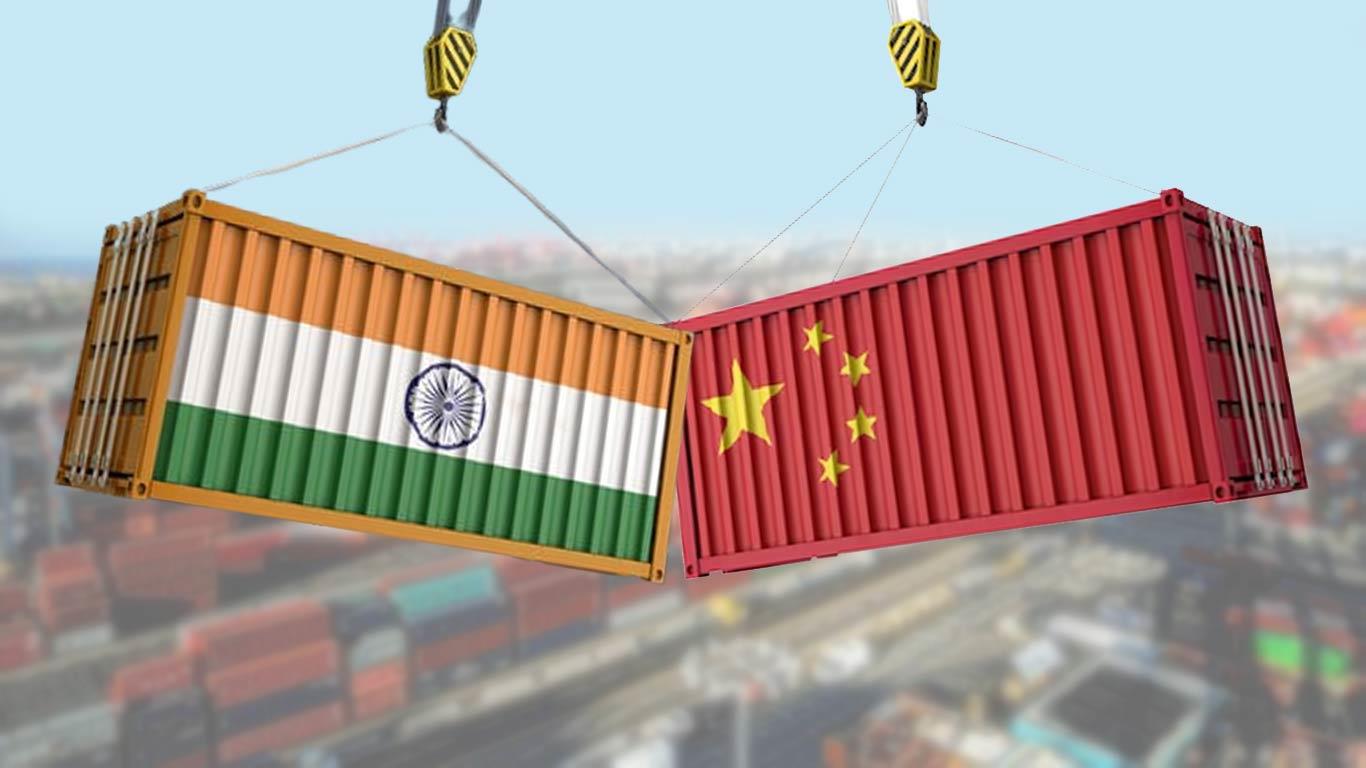
China's Rare Earth Curbs Expose India's Supply Chain Gaps: GTRI
With supply chains under mounting pressure, industry leaders and policy experts are calling for immediate and strategic action to reduce India's overdependence on Chinese inputs.
Rare earth magnets are essential components in electric vehicles (EVs), renewable energy systems, and home appliances.
China, which controls more than 90 percent of global processing capacity, imposed fresh curbs on their export in April 2025, following tariff escalations announced by US President Donald Trump.
Indian automakers, heavily reliant on Chinese suppliers, are now facing the possibility of production disruptions as early as August.
“This is a more serious crisis than many realise,” said Confederation of Indian Industry (CII) President Rajiv Memani.“It is a wake-up call for India-not just for rare earths, but for all critical imports including APIs, penicillin, and advanced components. We must act with urgency.”
Industry bodies such as the Society of Indian Automobile Manufacturers (SIAM) and the Automotive Component Manufacturers Association of India (ACMA) have urged the government to intervene.
The Ministry of External Affairs has confirmed that Indian officials are in contact with their Chinese counterparts to find a resolution.
Ajay Srivastava, Founder, Global Trade Research Initiative (GTRI), emphasised that India's response must go beyond short-term fixes.
“The window to act is narrow, but the urgency is now unmistakable. China's actions are no longer just a warning-they are a wake-up call,” he said.
According to GTRI, nearly 90 percent of India's imports from China are in the low-to-medium technology range, including components and machinery that are within India's manufacturing capability. Products such as pumps, compressors, bearings, motors, and industrial hardware dominate this import basket.
“These are not beyond India's technological reach,” Srivastava noted.“A strategic, phased approach involving reverse-engineering, domestic production incentives, and long-term investments in deep-tech manufacturing is needed to reduce this dependence.”
The trade deficit with China reached nearly USD 100 billion in FY 2024–25. Chinese firms now supply over 80 percent of India's requirements for laptops, solar panels, antibiotics, viscose yarn, and lithium-ion batteries - highlighting significant exposure to supply chain risks.
“China's message is blunt: India's industrial growth remains dangerously exposed to Chinese inputs, and any attempt to 'de-risk' supply chains will carry short-term pain,” GTRI said in a note.
It emphasised the need for long-term planning, patient capital, and sustained investment in R&D, infrastructure, and skilled talent.
(KNN Bureau)
Legal Disclaimer:
MENAFN provides the
information “as is” without warranty of any kind. We do not accept
any responsibility or liability for the accuracy, content, images,
videos, licenses, completeness, legality, or reliability of the information
contained in this article. If you have any complaints or copyright
issues related to this article, kindly contact the provider above.

















Comments
No comment